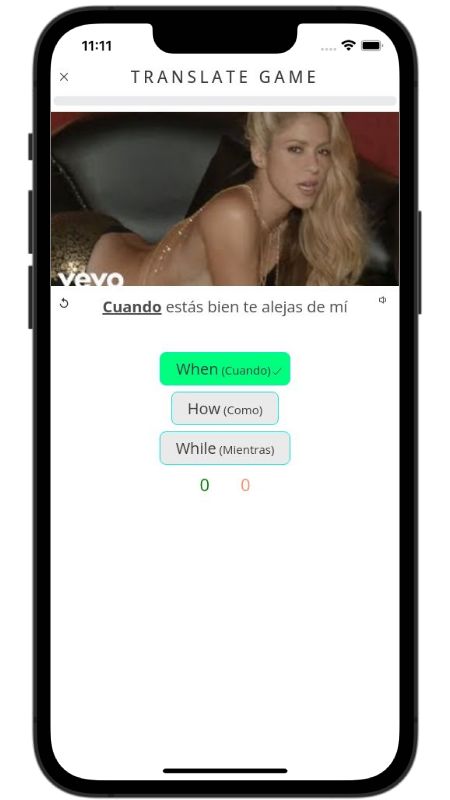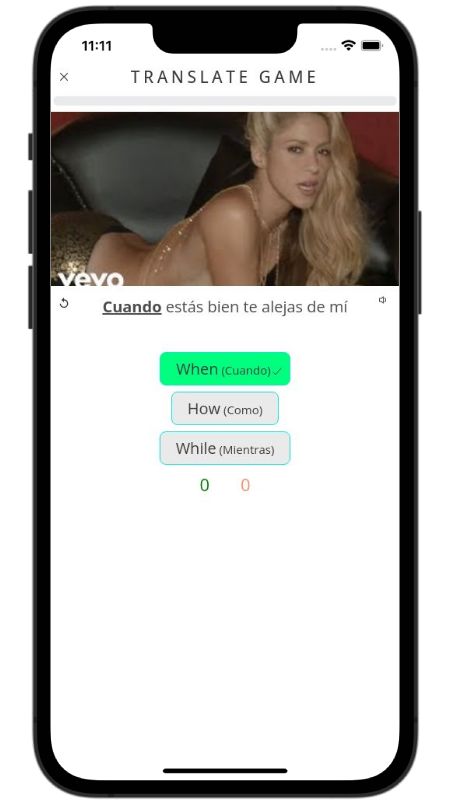Perdida Lyrics in English La Oreja de Van Gogh
Below, I translated the lyrics of the song Perdida by La Oreja de Van Gogh from Spanish to English.
Chorus 1
I crossed the white line one day
It was a night with its dawn
I put a pair of diamonds in my life
I took a trip to a world that you don't see
How many grams does my joy weigh?
How much does the fear of being happy weigh?
I've never felt so lost
And you so far from me
I lifted the lid off myself
And I found a girl in a garden
Paper flowers and a doll
Nobody with a story for me
I could see the remains of a party
Remains of my life with you
I could see loneliness so close
And you so far from me
I let myself get carried away by a silly thing
I thought that I loved you
A little more than me
Chorus 1
If I could give my life I'd give it
To be your girl again
Would make me so happy
Chorus 1
Without you I don't know how to live
All mistakes go to a port
Where a steamship is waiting
But I still carry mine inside
Because I'm addicted to your forgiveness
Chorus 2
I could see the remains of a party
Remains of my life with you
I could see loneliness so close
And you so far from me
I let myself get carried away by a silly thing
I thought that I loved you
A little more than me
Chorus 2
If I could give my life I'd give it
To be your girl again
Would make me so happy
Chorus 2
I let myself get carried away by a silly thing
I thought that I loved you
A little more than me
Chorus 2
If I could give my life I'd give it
To be your girl again
Would make me so happy
Chorus 2
Without you I don't know how to live
Without you I don't know how to live
Without you I don't know how to live
Lyrics and Translations Licensed & Provided by LyricFind
Lyrics © Sony/ATV Music Publishing LLC
Alvaro Fuentes Ibarz, Amaya Montero Saldias, Haritz Garde Fernandez, Pablo Benegas, Xabier San Martin
Did you like this lyrics translation?
Did you know?
In addition to reading lyric translations, you can now learn Spanish with music and lyrics from your favorite artists.
No more boring lessons. You can now learn with engaging and culturally relevant lyrics from the best artists.
Apple and App Store are trademarks of Apple Inc.
Google Play and the Google Play logo are trademarks of Google LLC.
MORE LA OREJA DE VAN GOGH
iOS AppAndroid AppWeb LessonsFree PDF WorksheetsJoin ClassroomLyrics TranslationBlogAbout UsBuy as GiftLifetime











